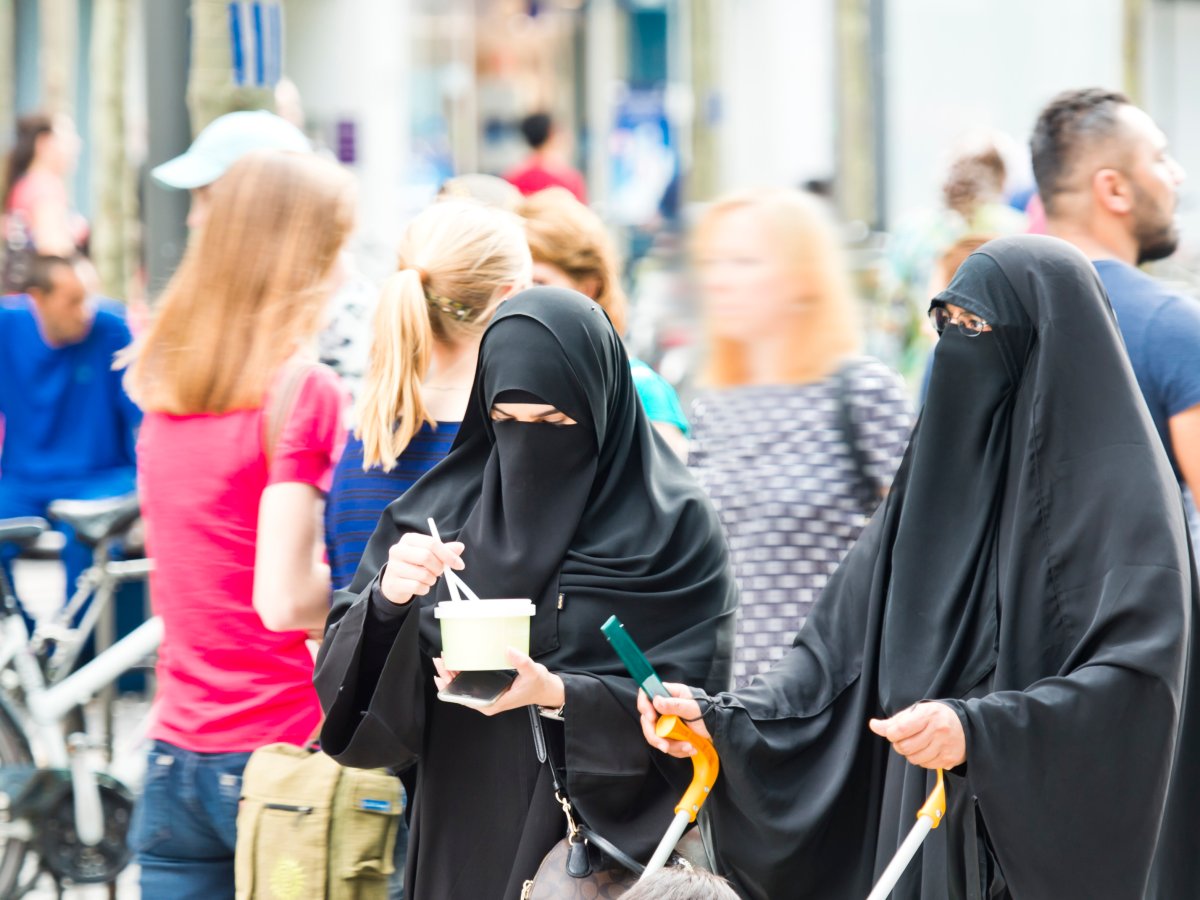In what they’re calling a growing push for security, Dutch MPs voted overwhelmingly in favour of imposing a ban on burkas worn in a number of public spaces, including hospitals, schools, government buildings and on public transportation.

“Everyone has the right to dress as he or she wishes,” the government said in an official statement. “That freedom is limited only where it is essential for people to see each other, for example to ensure good service or security.”
READ MORE: Hate crimes against Muslims increased 67% in 2015, according to FBI
While the law still has to pass the senate, it was approved by 132 out of 150 members of parliament. It was widely praised by Geert Wilders of the Freedom Party, who called it a “step in the right direction,” in a text message sent to The Associated Press. He also vowed to completely ban the garment if his party is voted into power next March. Wilders’s anti-Islam party is currently leading in the polls.
Originally proposed last year by Interior Minister Ronald Plasterk, the law would ban all veils covering the face, as well as ski masks, helmets or any other item that would obstruct the wearer’s face or prevent them from being identified. Failure to observe the law could result in a fine of €405 (C$575).
Not surprisingly, the news was met with opposition.
MP Tunahan Kuzu voted against the legislation, arguing that freedom meant people were allowed “to be who they are and dress how they want,” according to the Telegraph.
“It is reprehensible to exclude these women and isolate them because of a subject anxiety among certain citizens,” Kuzu said.
READ MORE: Miss Minnesota USA contestant makes history wearing burkini, hijab
Last week, a group of Muslim women protested the ban by attending the parliamentary debate dressed in burkas. One of them, Karima Rahmani, argued that the government had already put measures in place to facilitate visibility and communication with women wearing burkas in public spaces like airports and government buildings.
“When we go to the town hall we have to identify ourselves, as well as at Amsterdam’s Schiphol airport where we have to remove it,” she said. “The obligation to identify oneself is already provided for in the law.”
The partial burka ban is a growing trend among European countries. The first country to propose a ban was France in 2011, and it has been followed in recent years by Germany, Bulgaria and Belgium, while Italy, Switzerland and Norway are also contemplating similar bills.
- Gas prices surge in some parts of Canada. What’s causing pain at the pumps?
- ‘She gets to be 10’: Ontario child’s heart donated to girl the same age
- Bird flu risk to humans an ‘enormous concern,’ WHO says. Here’s what to know
- Buzz kill? Gen Z less interested in coffee than older Canadians, survey shows




Comments